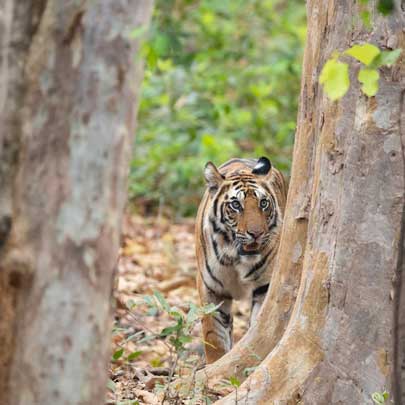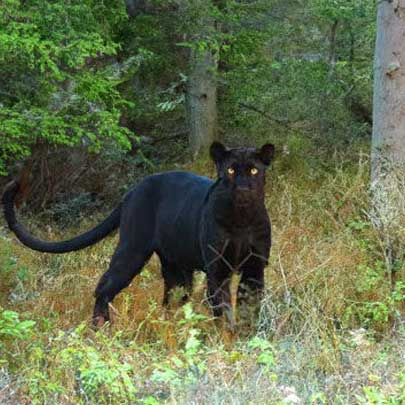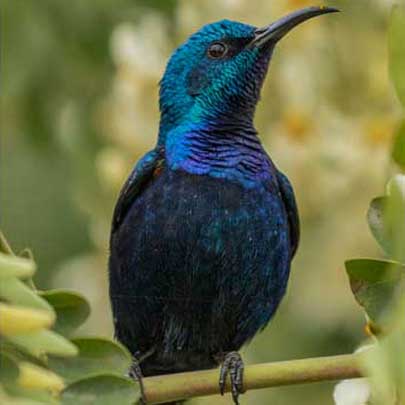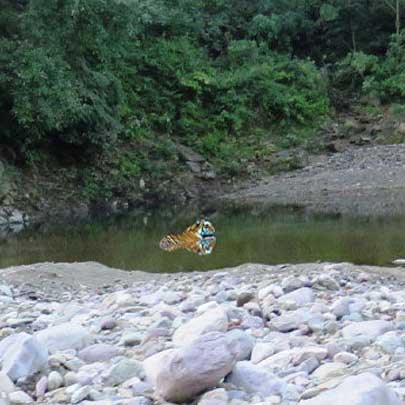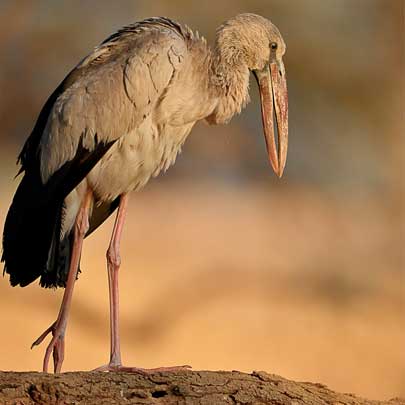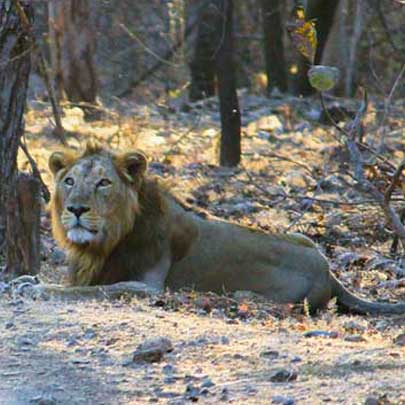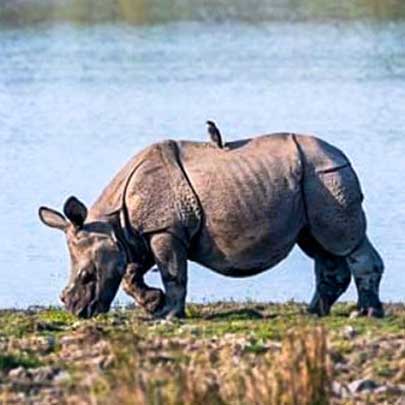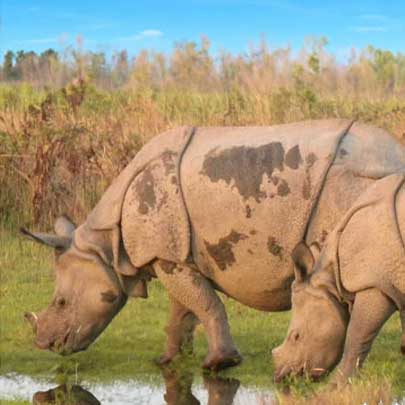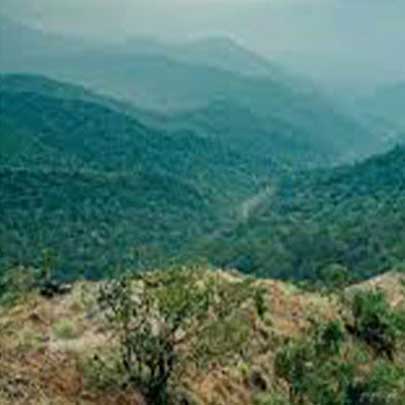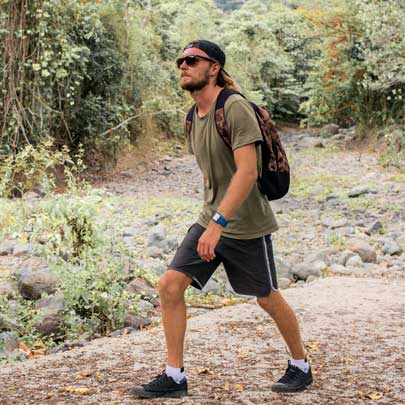The Impact Of Ecotourism: How Your Visit Benefits Kanha's Wildlife
Responsible tourism can have several positive contributions to Kanha National Park's conservation efforts, as it helps strike a balance between promoting tourism and preserving the park's fragile ecosystem. Here are the positive contributions of responsible tourism to Kanha National Park's conservation:
-
Funding for Conservation: Entrance fees, safari fees and other revenue generated from responsible tourism activities serve as a crucial source of funding for the park's conservation initiatives. These funds are used for anti-poaching efforts, habitat restoration and wildlife protection.

-
Awareness and Education: Responsible tourism programs often include educational components, such as guided nature walks and talks. These activities raise awareness about the park's biodiversity, the importance of conservation and the need to protect endangered species.
-
Reduced Environmental Impact: Responsible tourism practices emphasize minimizing the environmental impact of visitors. This includes guidelines for waste disposal, minimizing noise pollution and following ethical wildlife viewing practices, which reduce stress on the animals.

-
Support for Local Communities: Responsible tourism can benefit local communities living around Kanha National Park. It provides livelihood opportunities through jobs in the hospitality and tourism sectors, reducing their reliance on activities that might harm the park, such as illegal logging or poaching.
-
Research and Monitoring: Many responsible tourism operators collaborate with researchers and conservationists to collect valuable data on wildlife behavior, population dynamics and ecosystem health. This information contributes to informed conservation strategies.
-
Responsible Safari Practices: Guided wildlife safaris adhere to responsible practices, ensuring that vehicles maintain a safe distance from animals, adhere to designated trails and do not disturb the animals. This reduces stress on wildlife and promotes their natural behavior.

-
Habitat Protection: Responsible tourism organizations often work with park authorities to identify and protect critical habitats within Kanha National Park. This includes measures to prevent encroachment and illegal activities.
-
Visitor Limits: Implementing visitor limits and managing the number of tourists in the park during peak seasons helps reduce the overall impact on the environment. This ensures a more exclusive and less intrusive experience for visitors.
-
Promotion of Sustainability: Many responsible tourism operators implement sustainable practices in their operations, such as using eco-friendly accommodations, reducing water and energy consumption and supporting local eco-initiatives.
-
Community Involvement: Responsible tourism initiatives often involve local communities in park management and conservation efforts. This creates a sense of ownership and responsibility among local residents for the protection of the park.
-
Regulation and Enforcement: Responsible tourism practices often come with regulations and guidelines enforced by park authorities. These regulations help deter illegal activities within the park and promote responsible behavior among tourists.
In summary, responsible tourism plays a pivotal role in supporting the conservation of Kanha National Park. By generating funds, raising awareness, promoting sustainable practices and involving local communities, it contributes to the long-term preservation of the park's unique biodiversity and ecosystems.






























